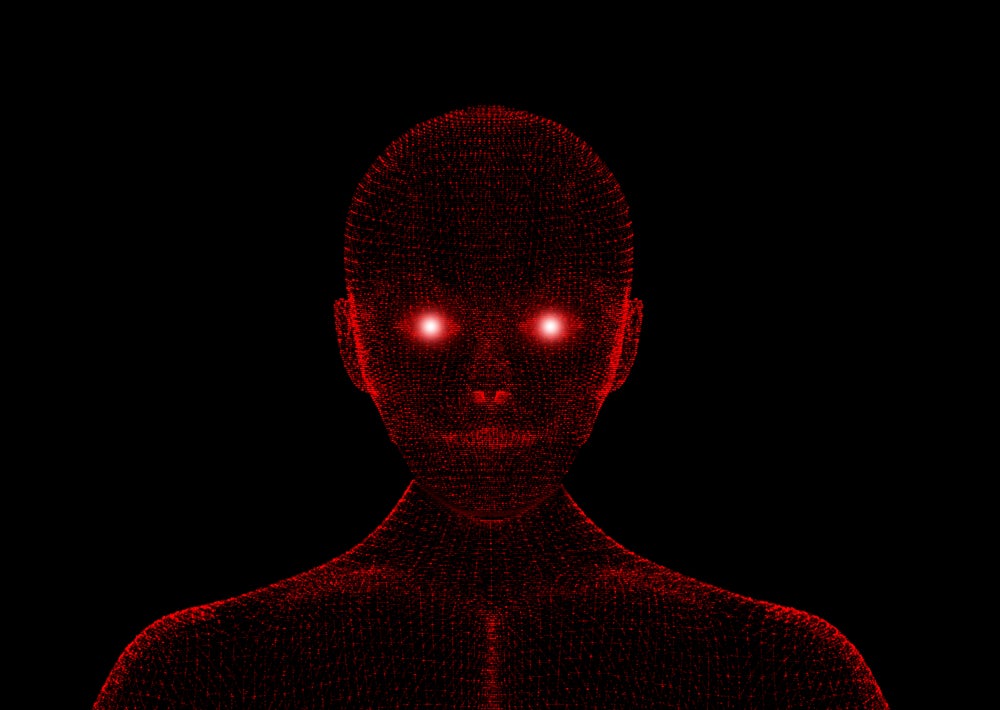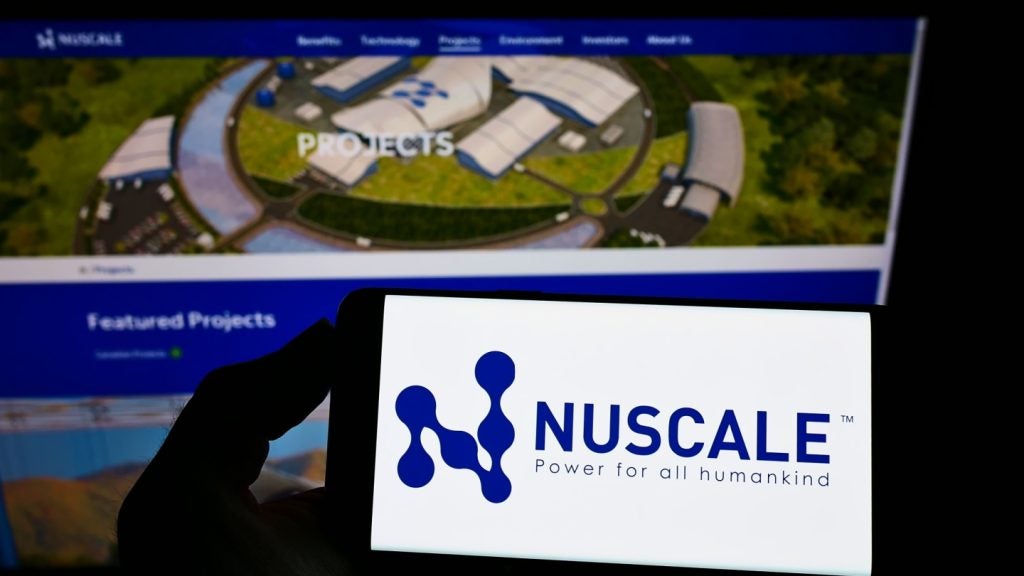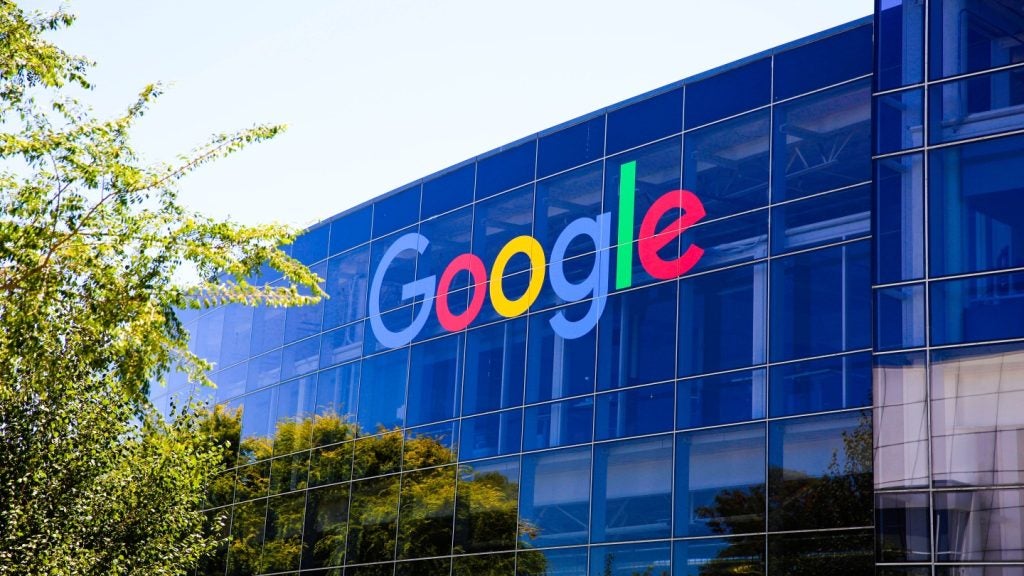As the world increasingly welcomes generative artificial intelligence (AI), the film industry has been keen to create films depicting the technology and its possible impacts on the world.
While some of these films are futuristic and dystopian, many of them are set in the present with technology that isn’t too far away from what we have available today.
Spencer Brown’s 2023 film T.I.M. depicts a malicious form of AI. The film follows a couple in conflict following infidelity. They move to a new house and are gifted T.I.M. (Technologically.Integrated.Manservant), a human-like robot that becomes increasingly infatuated with the female protagonist. His heightened obsession eventually leads him to violent acts.
Similarly, the 2024 J-Lo-headed action film Atlas follows a human-like AI that is set on destroying humanity. Though the AI’s intentions are arguably altruistic (it wants to stop humanity from destroying itself after seeing images of climate change and war), its means of doing so (killing half of humanity) are not so benevolent.
The Good, the Bad and the AI
In both films, the directors and writers made the creative decision to depict AI as bad. Yet, the films do two things exceptionally well.
Firstly, they first depict how AI can enhance our lives. In T.I.M., the couple is helped with their household chores by their AI companion (before he becomes the villain). Similarly, in Atlas, Jennifer Lopez’ character is aided in her quest by a mech, a large robot she sits inside which with she shares a two-way neuralink. She can control the robot, using its weapons to defeat enemies. Conversely, the robot can sense her emotions, know what she is thinking, and help keep her safe. In this way, despite the overall plots of each film, we can see the potential of AI to help us in many different scenarios.
How well do you really know your competitors?
Access the most comprehensive Company Profiles on the market, powered by GlobalData. Save hours of research. Gain competitive edge.

Thank you!
Your download email will arrive shortly
Not ready to buy yet? Download a free sample
We are confident about the unique quality of our Company Profiles. However, we want you to make the most beneficial decision for your business, so we offer a free sample that you can download by submitting the below form
By GlobalDataSecondly, the films highlight humanity’s ability to overcome malicious AI. In both films, humanity comes out on top. In T.I.M., the female protagonist overpowers the titular robot with a simple safe phrase, bringing a stop to his destruction. In Atlas, Jennifer Lopez’s character uses her mental prowess to defeat the AI, halting his plan to kill half of humanity.
A happy ending
These endings may bring some comfort, not only to watchers of the film who are invested in the outcome but also to the wider population who are subjected to increasingly sensationalist ideas of how AI could harm us.
In choosing to have humans prevail, the directors and writers of these films are sending a clear message—we have the power to overcome great evil, even if that evil was created by our own doing. Believing in this message may allow us to fully embrace AI and its capabilities, with the knowledge that should anything go wrong, humanity can prevail and bring goodness to the world once again.








